Our Mind is A Battlefield: Taking Our Thoughts Captive

Our minds are a battlefield. Taking our thoughts captive is imperative, especially when we begin an all-consuming downward spiral mentally.

Our minds are a battlefield. Taking our thoughts captive is imperative, especially when we begin an all-consuming downward spiral mentally.

Does God still speak today? Find out David Wilber's thoughts in this guest post from his website.

Hate is easy, loving our enemies is hard. A short thought from Christy Jordan at Seeking Scripture.

The sixteenth install of The 613 Mitzvot blog series where we are briefly reviewing the 613 traditional rabbinical commandments and if the Torah applies to us today.

We are often asked to do teachings on the 613 commandments found in the Jewish faith. Understandably, such a teaching or teaching series would be an immense undertaking. However, we thought we may be able to go through it, at least in part, in our blogs. This is an ongoing blog series that we will do at different times without any real schedule planned. We will not be going into great depth in this series. The format for these blog posts will be simple. We will...
Should we be taking things meant for other gods and applying them to our Creator? What about if it's simply something he said no to?

This is the relating to the 56th through 60th commandments of the traditional 613 commandments in the order and as found in the Aramic-English New Testament (AENT).

Who is it that's supposed to wear the tzitzit, or tassels, commanded in Numbers 15? Should women and children wear them, or just men?

This week we will briefly review commandments 31-35 of the traditional 613 commandments.

Some say Titus 2 requires a woman to work a job from her home meaning an outside vocation. Is that what Scripture says?

Part 2 from L'Chaim Pura Vida where they tell a bit more about the people the help, what they do, and what they hope to do some day.

This week we look at the 16th - 20th traditional rabbinical commandments out of the 613 commonly taught to be the Torah.

Remember the feeling when you walk into a store and you get bombarded with salespeople? Remember how it feels to have someone working hard to show you all of the benefits of a product, and how it is so much better than what you have, yet they’re trying too hard and you really aren’t interested? Most likely, you don’t like that feeling and you get put off by those people. You don’t want to be that person, especially when it comes to discussing...

You know how your friends and family sometimes seem to get when you have tried to talk to them about the Torah? Some may be receptive while others may refuse to talk about the subject or even become hostile, showing a side you would never have thought existed. It doesn’t always have to be that way, if you’ve taken them into consideration and checked your attitude, then it may have something to do with actions. We do not recommend having deep discussions relating...

When Talking Torah, you may bully others with your attitude if you're not careful.

Are you new to Hebrew Roots and trying to share it with others but are being met with hostility? Maybe you shouldn't be talking Torah just yet.

This week we look at the 11th - 15th traditional rabbinical commandments out of the 613.

This week we look at the 6th - 10th traditional rabbinical commandments out of the 613.

This week we will briefly look at the first five of the traditional rabbinical 613 Commandments.

With so much going on in the world on a global scale, are you looking deeply into End Times? Has it become your focus? Should it be?
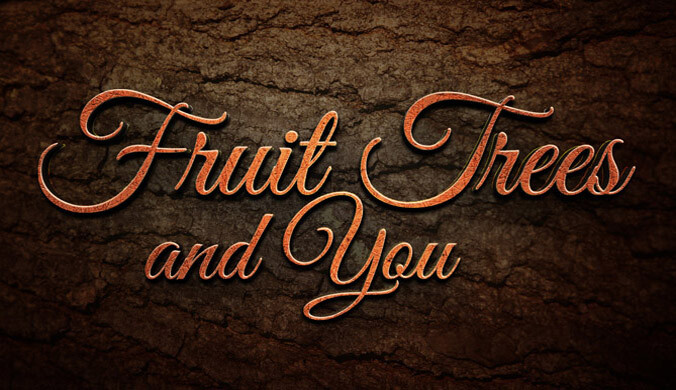
What can we learn from the Torah regarding fruit trees as it relates to being newly excited about the Torah or something the Creator has shown us?
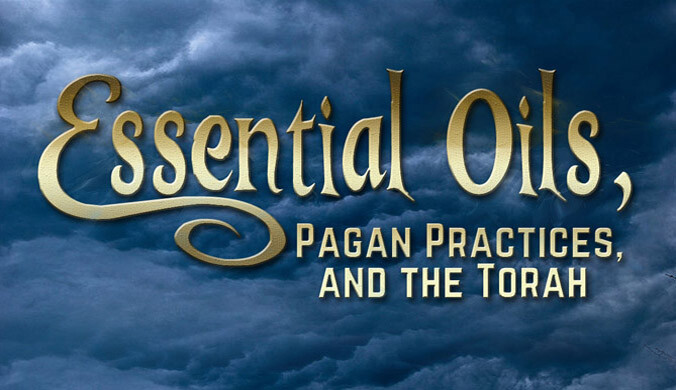
Where do we draw the line between doing what the pagans do and living our lives God's way?
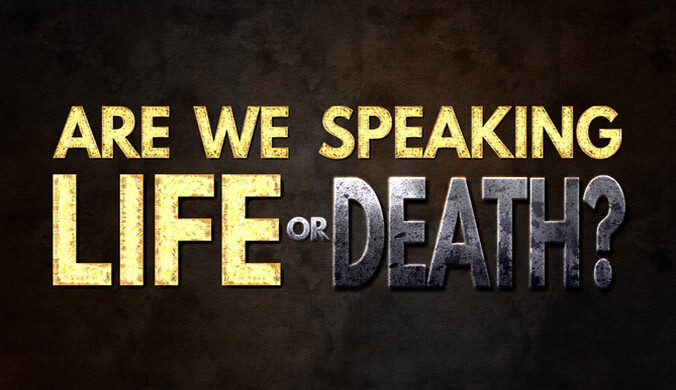
How are we showing the love of God with those who disagree with our understanding of Torah?
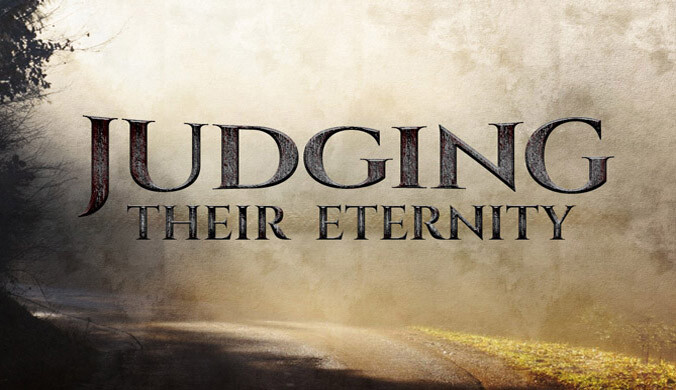
Should we be judging and defending others based upon where WE believe they will spend eternity?

What's the significance of the ashes behind Ash Wednesday as celebrated by a variety of religions.
If choosing obedience to the Law of God putting yourself back into bondage? Some believe so.
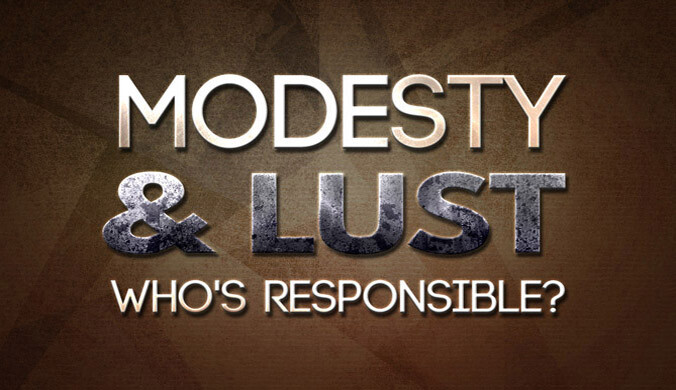
Who's responsible for dressing modestly and controlling lustful desires? Is it all on the woman or are men responsible?

A brief test of the common teachings surrounding Galatians 5:1, 4, and 18 to the whole Word of God.

A brief look at common teachings relating to Luke 16:16-17 and John 3:16-17.

Do Matthew 5:17-20 and Matthew 7:15-23 mean what we are commonly taught that they mean?
What does Paul mean when he says we should subject ourselves to governing authorities? When we read Romans 13, it has been interpreted that we are to submit ourselves to any random government. While we do promote being a good citizen in the eyes of a secular government, it is not likely that Paul was only speaking of governments that teach and obey the Torah. First, let’s read: Romans 13:1-7 Let every person be subject to the governing authorities. For there is no authority...
It is often asked, “If the law of God is just there to prove we can’t keep it, then why bother trying?” This is a good and fair question based on a snippet of Scripture being misunderstood. The Law of God instructs us on how to live; in doing so, it does point out our sin, with sin being defined as breaking the law of God (1 John 3:4). The curse of the law, or rather the penalty of it, is death (Romans 6:23); this is known as the law of sin and death (Romans...
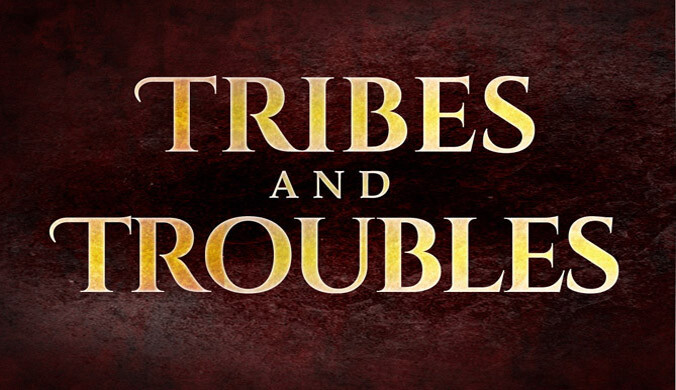
2 weeks ago we discussed the benefits of living in a tribe. This week we go over the greatest danger of them. One Very Real Danger Despite the great benefits derived from being part of a tribe, there can be some dangers, dangers that can tear what should be a unified people, apart. The largest danger comes from ourselves and our approach to the differences we have with others. Remember there are 3 things that come from 2 or more gathering together: View 1, View...
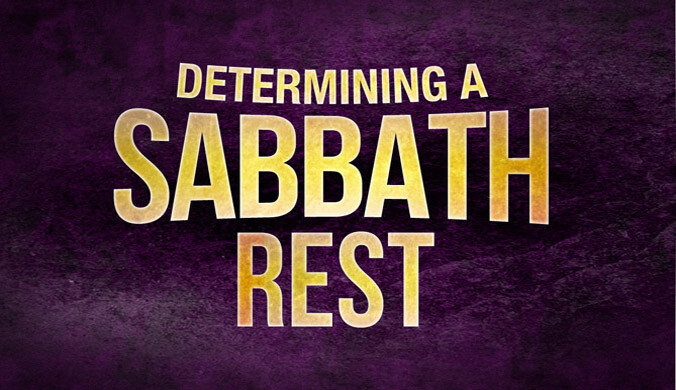
Why does scripture say to not go out of our place on the Sabbath? Exodus 16:29See! The Lord has given you the Sabbath; therefore on the sixth day he gives you bread for two days. Remain each of you in his place; let no one go out of his place on the seventh day.” Some have interpreted this particular scripture to mean that one is not to leave their dwelling place on the Sabbath. The important word here in English is “place.” In Hebrew, the word for “place&rdquo...

Being part of the Hebrew Roots movement, or at least people who have some familiarity with the story of the Bible, most of us have heard of tribes, especially the 12 tribes of Israel. What is a tribe? According to marketing guru Seth Godin in his book, “Tribes”, a tribe is: “A tribe is a group of people connected to one another, connected to a leader, and connected to an idea. … A group needs only two things to be a tribe: a shared interest and a way to...
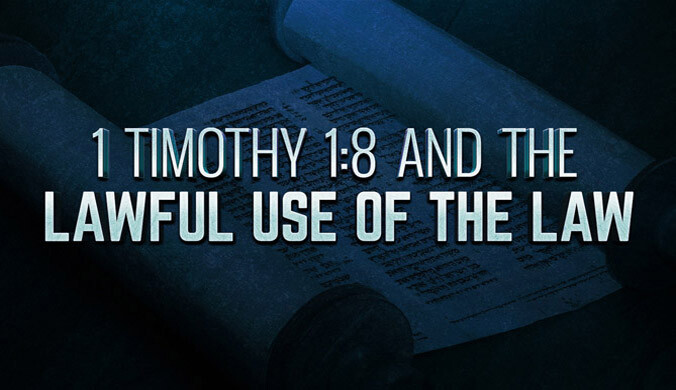
As "great" as Paul was, as a Pharisee who felt he knew the law and lived by it, he realized that simply following the letter of the law wasn't right, and that he wasn't even living correctly! Note that in 1 Timothy 1:13 he even called himself a blasphemer! The point here is this, Paul realized that only living by the legality of the law wasn’t enough, he also needed the spirit. He was not discarding the requirement of obeying the law, but simply applying another aspect of it, the...
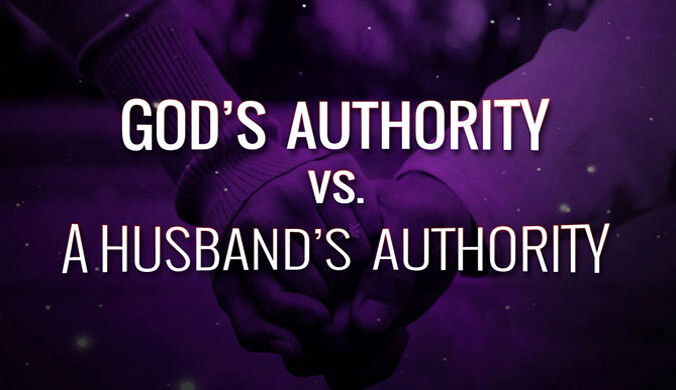
As more and more people come to an understanding that the Torah still applies today, friction is not uncommon, even within the same household. A bigger question sometimes comes up, one about authority, headcoverings, etc. What happens if a husband and wife have different understandings regarding this topic? Should they get divorced? The short answer is “No”, they should not get a divorce. When it comes to authority, the Word of God is the ultimate...
Does Isaiah 58:13-14 mean that we cannot have any pleasure on the Sabbath? Isaiah 58:13-14 “If you turn back your foot from the Sabbath, from doing your pleasure on my holy day and call the Sabbath a delight and the holy day of the Lord honorable; if you honor it, not going your own ways, or seeking your own pleasure, or talking idly then you shall take delight in the Lord, and I will make you ride on the heights of the earth; I will feed you...

It was October 25, 1964, and the Minnesota Vikings were playing against the San Francisco 49ers; the 49ers have just fumbled the ball, it’s up for grabs. Defensive End Jim Marshall scoops up the ball and takes it 66 yards into the endzone...his own. This moment is remembered in sports history as “The Wrong Way Run”, where one man took the ball into the wrong endzone, celebrated by spiking the football causing it to roll out of bounds and scored 2 points for his...
The Priestly Blessing from an Ancient Hebrew perspective. YHWH will kneel before you presenting gifts and will guard you with a hedge of protection, YHWH will cause his wholeness of being to shine toward you bringing order and he will provide you with love, sustenance and friendship, YHWH will lift up his wholeness of being and look upon you and he will set in place all you need to be whole and complete. See more at Ancient Hebrew Research
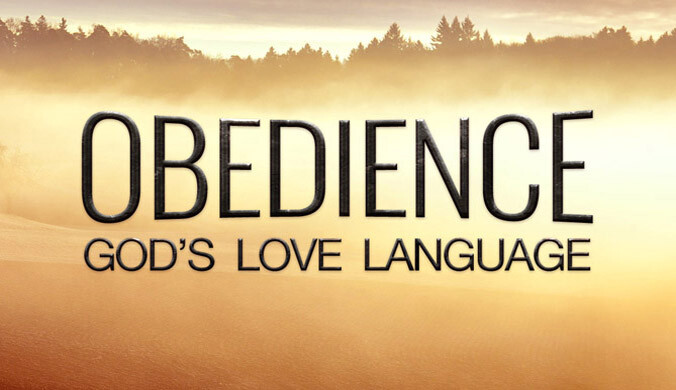
A number of years ago Gary Chapman wrote a book with a lot of insights into men, women, and relationships. In his book, he describes 5 specific love languages of which every person functions in at least one of them. They are: Words of Affirmation, Quality Time, Receiving Gifts, Acts of Service, and Physical Touch. What does it mean to have these love languages? It means that either through someone speaking words of affirmation to you, spending quality time with...

In part 1 of “The Heart of Torah” (CLICK HERE to go back and read it) we discussed where our focus should be, and what happens when we lose that focus. This time, in part 2, we are going to discuss what the “The Heart of Torah” is and what it means to walk in it, or follow it. What Is the “Heart of Torah”?Yeshua spoke about the importance of the heart of Torah with His statements to the Pharisees regarding helping a neighbor’s donkey out of...

I was once having a conversation with the pastor of a church from mainstream Christianity. In his attempt to understand where I was coming from, or my perspective, he posed several questions to me: “Where is the focus of the Torah Keepers? Is it on considering precious and personal the whole Torah, or just an emphasis on the commands that they say are being broken.” And “Isn't the point of keeping Torah, to treasure and walk after His and mankind's whole life...